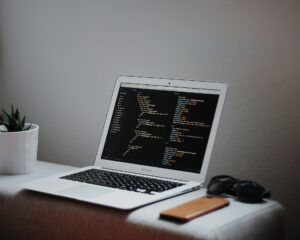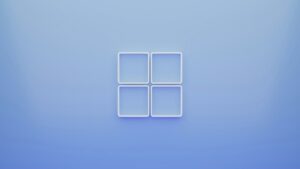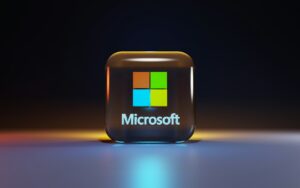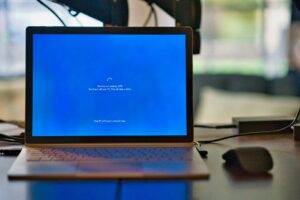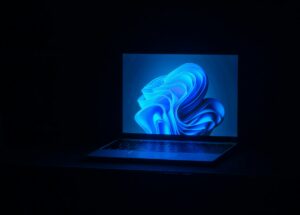The Most Productive Operating Systems in 2025
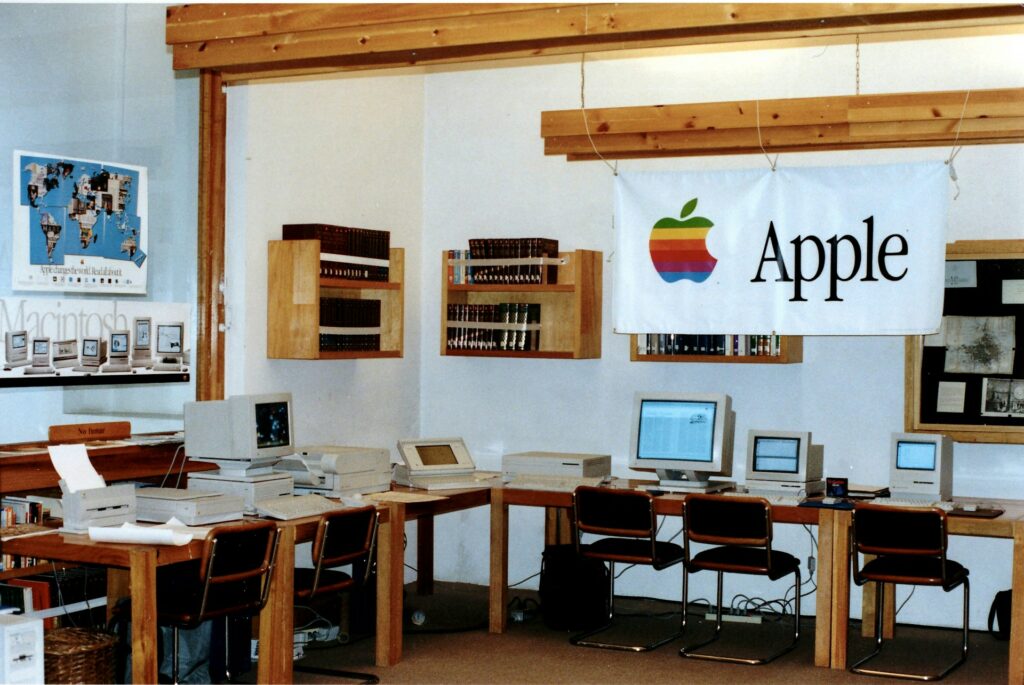
The Most Productive Operating Systems in 2025
The Importance of Having the Correct Operating System
When it comes to productivity, the operating system (OS) is the most important element. It determines how effectively you work, how safe your data is, and how easily your applications and tools operate in conjunction with each other. A wide range of operating systems (OS) alternatives will be available in 2025, making the market more diversified than it has ever been. These options will be designed to meet the needs of individuals who are professionals, creatives, company owners, and casual consumers. The decision of which one to choose is contingent upon the way you operate, your tastes, and the requirements of your environment.
What Characteristics Define Productivity in an Operating System
An operating system (OS) that is productive ought to include support for multitasking in addition to being quick, stable, secure, and compatible. It need to be compatible with the tools that you use on a regular basis, no matter whether they are office apps, collaboration platforms, or creative software. In the year 2025, productivity will also include the integration of artificial intelligence, cloud connection, and synchronization across several devices.
Windows 11: Adaptability and Compatibility
Windows is still the most popular operating system, and Windows 11 will continue to improve in 2025 with the addition of features meant to enhance productivity.
Strengths:
- Extensive interoperability with both older and more contemporary software applications.
- Fantastic support for multitasking with Snap Layouts and the use of multiple desktops.
- For the sake of corporate productivity, there is a deep interface with Microsoft 365 and Teams.
- There is a wide range of hardware support, from low-cost personal computers to high-end workstations.
- Most Suitable For: Professionals, office employees, and organizations that want the greatest possible amount of compatibility
The Perfect Combination of Creativity and Efficiency: macOS Sequoia
The reputation of Apple for providing a refined user experience and seamless performance is further enhanced by the macOS Sequoia operating system.
Strengths:
- Seamless integration throughout the Apple ecosystem, which includes iPhones, iPads, and Apple Watches.
- This is optimized for creative apps such as Final Cut Pro and Logic Pro.
- A major priority is the protection of privacy and security.
- Stage Manager and better mission control are both examples of highly developed multitasking technologies.
- Best For: Designers, creatives, and professionals who perform well in the Apple environment.
Linux Distributions: Control and Customization
Linux is still expanding in 2025 as a powerful tool for productivity, particularly for developers and power users. Ubuntu, Fedora, and Pop!_OS are examples of popular distributions that each have their own distinct advantages.
Strengths:
- Open-source flexibility in conjunction with desktop interfaces that are customisable
- For development and server administration, excellent stability and efficiency are necessary.
- robust protection and a minimum of bloat
- Available for usage without charge, with a community that is actively supportive
- Most Suitable For: Programmers, developers, and anybody who places a high value on having the ability to exercise control and customize their experience.
ChromeOS: Ease of Use in the Cloud
ChromeOS, which is powered by Google, has an emphasis on speed, simplicity, and interaction with the cloud. It has developed in the year 2025 to include improved offline support and more interoperability with a wider range of applications via Android and Linux applications.
Strengths:
- Quick startup times and lightweight performance
- Close interaction with Google Workspace and cloud storage is available.
- Inexpensive equipment that are simple to keep in good working order
- An ecosystem that is becoming more robust and that includes support for Android applications
- Ideal for: Students, remote workers, and anyone who depend significantly on productivity tools that are located in the cloud.
Android: Mobile Productivity
Android is still the leading mobile operating system (OS) for smartphones and tablets, and it has seen enhancements in its capabilities that are similar to those of a desktop OS.
Strengths:
- Improved stylus support and the ability to do many tasks at the same time using split-screen mode
- A vast selection of applications specifically designed for mobile productivity
- Robust integration with applications from other companies as well as Google services
- Certain devices, like Samsung DeX, have desktop modes that deliver experiences that are similar to those of a personal computer.
- Ideal for: Professionals that prioritize mobile devices and consumers who place a high value on flexibility when they are on the go.
iPadOS: Bringing the worlds of tablets and laptops together
The iPadOS operating system from Apple is still working to reduce the differences between tablets and laptops by providing a platform that is extremely portable and conducive to productivity.
Strengths:
Close connection with macOS and iOS devices
An outstanding collection of applications that are suited for usage with both a pen and touchscreens.
- It has a lot of the same features as a laptop, including Stage Manager, support for external displays, and keyboard integration.
- For students, creatives, and professionals who are looking for a portable device that does not compromise their productivity, this is the best option.
- Operating systems that are designed for certain purposes
In 2025, a few specialized operating systems will also be notable:
- FreeBSD: Due to its reliability and performance, it is a popular choice for developers and sophisticated users.
- Haiku OS is an operating system that is lightweight, experimental, and built for speed and simplicity.
- Enterprise OS Variants: Linux versions that have been customized specifically for enterprises, giving capabilities that are geared toward increasing efficiency.
When it comes to productivity, privacy and security are important.
Maintaining a high level of security is also an important aspect of productivity. Due to the way they are built, macOS and Linux are highly secure operating systems; on the other hand, Windows provides enterprise-level protection via the use of Windows Defender and BitLocker. Sandboxing for applications is provided by ChromeOS, which helps to reduce attacks. When it comes to operating systems, Linux continues to be the most transparent choice for people who are concerned about privacy.
Artificial intelligence integration across operating system platforms
Artificial intelligence-driven productivity is a significant trend that will emerge in 2025. Microsoft Copilot is included into Windows 11, Apple Intelligence is integrated into macOS, while Google’s AI technologies are significantly relied upon by ChromeOS. These assistants are able to summarize papers, improve multitasking capabilities, and automate procedures.
Both cost and accessibility are important factors to consider.
Windows is accessible on a large number of devices and is available at a variety of price points.
- macOS: Apple hardware is required, and it is often more costly than other options.
- Linux is available for free, although it does need a higher level of technical expertise.
- ChromeOS is inexpensive and readily available to a large number of people.
- Mobile operating systems (Android/iPadOS): The expenses incurred are associated with the selection of the device rather than the operating system itself.
Selecting the Operating System That Is Best Suited for You
If you want the highest level of compatibility and the ability to multitask, Windows 11 is the best choice for you.
- If you are someone who places a high importance on creativity and ecosystem integration, then macOS Sequoia is the operating system for you.
- If you are a developer or if you want total control over your system, you should choose Linux.
- If you are more inclined to use cloud-first processes and value simplicity, then Google’s ChromeOS might be a good choice.
- If mobile productivity is your primary concern, you should choose either Android or iPadOS.
As of 2025, there is not one individual operating system that is considered to be the “best” for productivity. However, the most effective option is contingent upon the flow of your work, your budget, and the environment you are working in. Every platform has instruments that are capable of boosting productivity, regardless of whether you need the variety of Windows, the beauty of macOS, the openness of Linux, or the mobility of Android and iPadOS. The most intelligent course of action is to choose the operating system that is most compatible with both your day-to-day activities and your long-term objectives.
